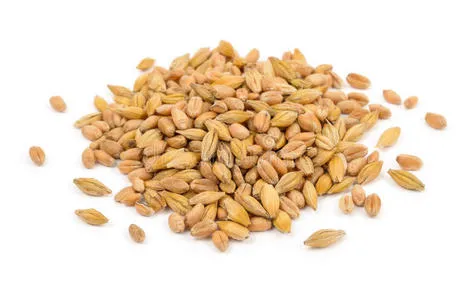
Okt . 08, 2024 10:31 Back to list
Effective Natural Solutions for Protecting Fruit Trees from Fungal Infections
Natural Fungicides for Fruit Trees An Eco-Friendly Approach
Maintaining the health of fruit trees is essential for a bountiful harvest, and one of the significant challenges faced by growers is the threat of fungal diseases. Traditional fungicides, while effective, often raise concerns about chemical residues and environmental impact. As a result, many gardeners and farmers are turning to natural fungicides, which provide effective disease control without compromising safety or ecological integrity.
Natural fungicides are derived from plant extracts, minerals, or beneficial microorganisms
. These alternatives can mitigate the negative consequences associated with chemical treatments while promoting sustainable agriculture. Here, we explore some of the most effective natural fungicides for controlling fungal diseases in fruit trees.One of the most widely used natural fungicides is baking soda (sodium bicarbonate). It works by altering the pH on the surface of the plant, making it less hospitable to fungi. A simple solution can be made by mixing one tablespoon of baking soda with a gallon of water and a few drops of liquid soap as a surfactant. This mixture can be sprayed on the leaves and branches to prevent diseases such as powdery mildew and black spot.
Another effective natural option is neem oil, extracted from the seeds of the neem tree. Neem oil disrupts the life cycle of various fungi and can also deter pests. It contains azadirachtin, which not only combats fungal infections but also acts as an insect repellent. To use neem oil, mix it with water and a mild soap, then spray on affected areas during the early morning or late evening to avoid leaf burn.
natural fungicide for fruit trees

Copper-based fungicides are also a popular choice in organic gardening. Copper sulfate can control a range of fungal diseases, particularly during the dormant season. It is important to apply copper fungicide carefully, as excessive use can lead to copper accumulation in the soil, which might harm beneficial soil microorganisms. Therefore, moderation is key when incorporating this method into your fruit tree care routine.
For those seeking a more holistic approach, milk has been documented as a natural treatment for powdery mildew. When diluted with water (usually in a 110 ratio), milk creates an environment unfavorable for pathogenic fungi while adding beneficial nutrients to the plant. Regular applications, especially during humid conditions, can help keep fungal diseases at bay.
Lastly, beneficial microorganisms, such as Trichoderma spp., are excellent natural fungicides. These fungi outcompete harmful fungal pathogens for resources, effectively reducing disease occurrence. Many commercial products are available that feature these beneficial microbes, making it easy for gardeners to implement them.
In conclusion, the shift towards natural fungicides for fruit tree care represents a growing awareness of the need for sustainable agricultural practices. By utilizing options such as baking soda, neem oil, copper-based fungicides, milk, and beneficial microorganisms, growers can protect their fruit trees from fungal diseases while minimizing environmental impact. Embracing these natural solutions not only leads to healthier plants but also contributes to a more ecologically balanced farming ecosystem.
-
Azoxystrobin: Broad-Spectrum Fungicide Solutions
NewsAug.11,2025
-
Best EPA Boscalid: Superior Crop Fungicide for Max Yields
NewsAug.11,2025
-
Best Willowood Imidacloprid: Superior Pest Control Solutions
NewsAug.10,2025
-
Best EPA Boscalid Fungicide: Ultimate Crop Protection
NewsAug.09,2025
-
Cyprodinil Fungicide: Broad-Spectrum Crop Protection
NewsAug.08,2025
-
Tembotrione Herbicide: Advanced 8% OD for Broad Spectrum
NewsAug.07,2025
